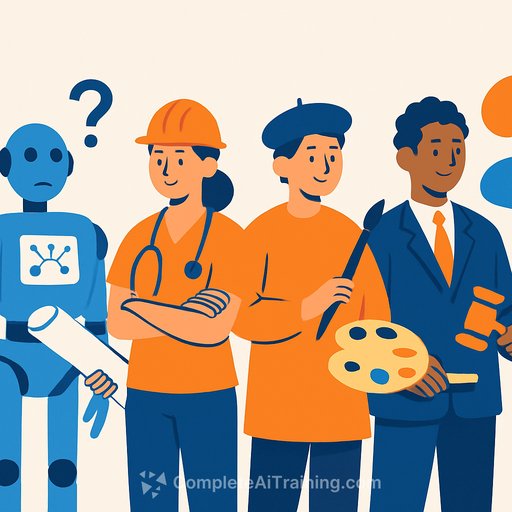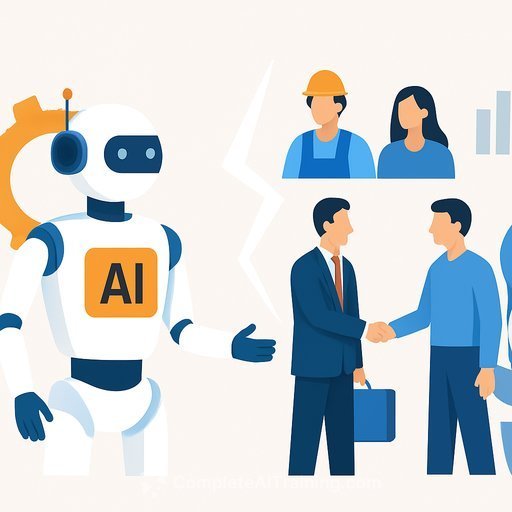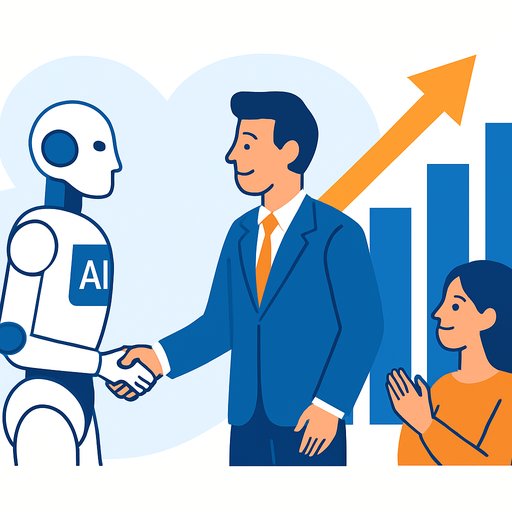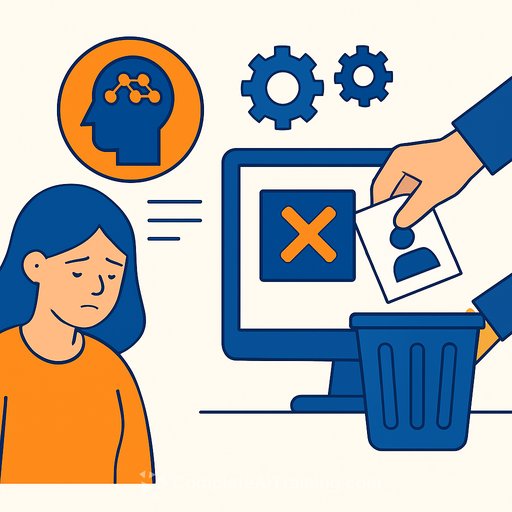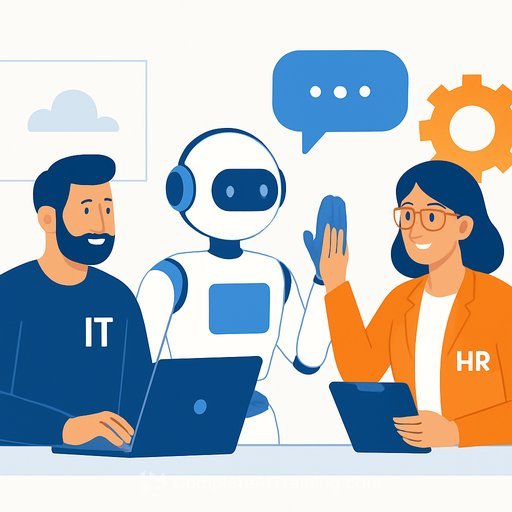The Rise of the Machine: Which Jobs Are Safest from AI?
Worried about AI taking over your job? The reality is that it depends greatly on your profession. Some jobs face higher risks of automation, while others remain more secure due to the nature of their work.
Recent research highlights jobs that are most resistant to AI, focusing on roles that require high levels of public interaction and low automation risk. Emergency medical technicians (EMTs) top the list due to their critical, hands-on work in emergency situations where human judgment is essential.
AI Resistance in the Workplace
Over 73% of U.S. companies now use AI in at least one area of their business. A study by Eskimoz analyzed various occupations by combining two key factors:
- The percentage of public interaction required
- Automation risk scores from industry assessments
They created an AI Resistance Score, balancing these factors to identify where human skills remain indispensable.
Top 10 Jobs Most Resistant to AI
- Emergency medical technicians: 100% public interaction, 7% automation risk
- Healthcare social workers: 100% public interaction, 11% automation risk
- Lawyers: 100% public interaction, 29% automation risk
- Medical and health services managers: 89.8% public interaction, 26% automation risk
- First-line supervisors of construction trades: 78.5% public interaction, 17% automation risk
- Human resources managers: 82.9% public interaction, 26% automation risk
- General and operations managers: 80.3% public interaction, 36% automation risk
- Maintenance and repair workers: 71.6% public interaction, 35% automation risk
- First-line supervisors of office and administrative support workers: 81.6% public interaction, 50% automation risk
- Training and development specialists: 57.8% public interaction, 29% automation risk
What This Means for Human Resources Professionals
Human resources managers rank sixth, with an AI Resistance Score of 78. Their work requires strong public interaction—mainly through employee relations and conflict resolution—and carries a relatively low automation risk of 26%. This is because HR roles depend heavily on emotional intelligence, workplace culture understanding, and nuanced decision-making.
For HR professionals, this insight is reassuring but also a reminder to keep developing interpersonal skills and strategic thinking. AI can support tasks like resume screening or scheduling, but it can't replace the core human elements involved in managing people.
Looking Ahead
Jobs that require empathy, complex problem-solving, leadership, and on-the-spot judgment tend to be more AI-resistant. If you're in HR or a related field, focusing on these strengths will keep your role relevant.
To stay ahead in a changing job market, consider exploring AI-focused training that complements your human skills. Resources like Complete AI Training’s tailored courses can help you understand how to work alongside AI effectively.
Ultimately, AI is a tool—not a replacement—for jobs that revolve around genuine human interaction and leadership.
Your membership also unlocks:

